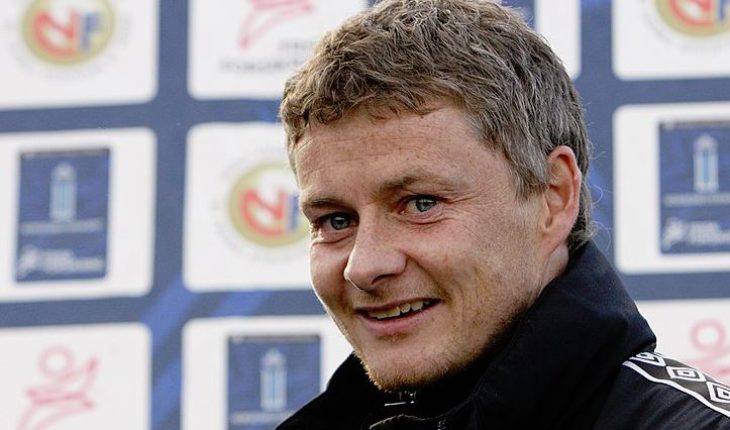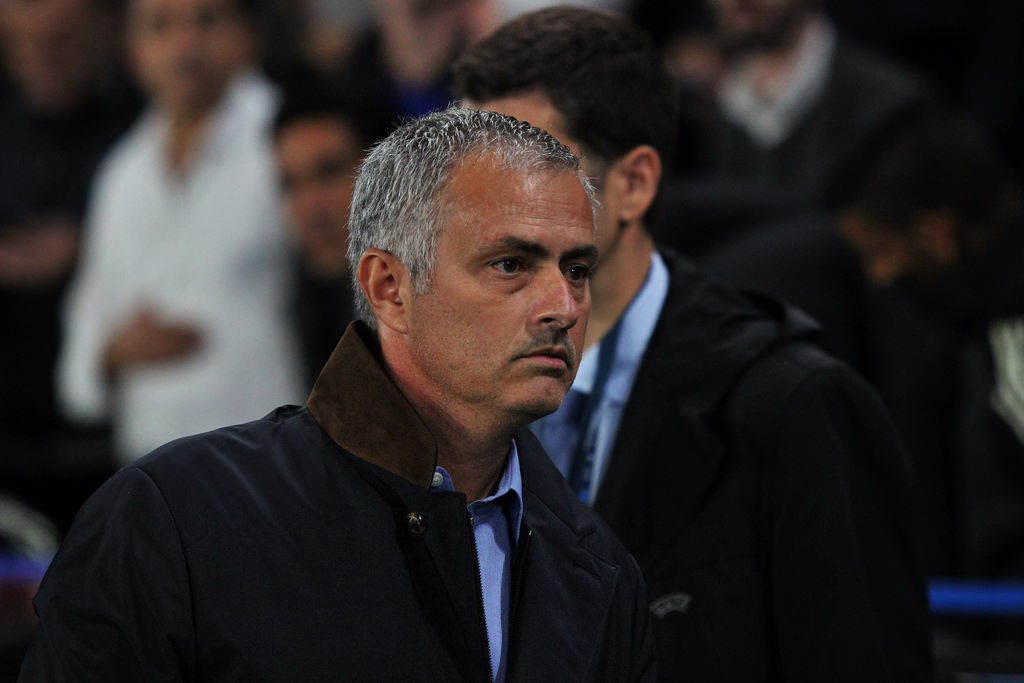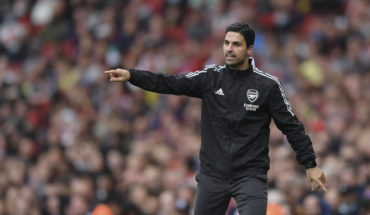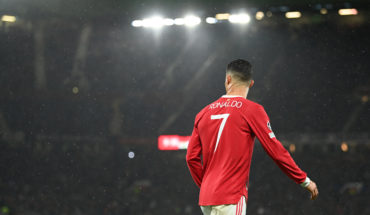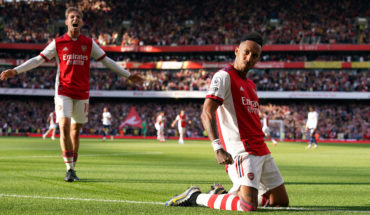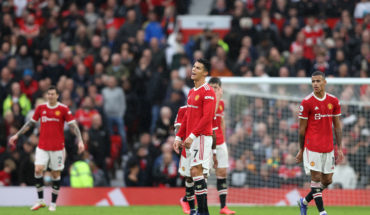When David Moyes succeeded Sir Alex Ferguson as Manchester United manager in 2013, most fans and pundits expected a swift and easy transition. The Scotsman’s Premier League experience, his phenomenal achievements with Everton, picking the club up from the relegation zone to a Champions League position, while also, most importantly, being handpicked by Ferguson to replace him once he retired, all seemed to be too good to be true.
And once it all unravelled, it became abundantly clear that Moyes wasn’t cut out to manage a world-class side like Manchester United – the jump was as big as the Grand Canyon and the fall was as deep, too. But perhaps it was also an indication that Manchester United, the club that Ferguson built from ground up in his 26-year stint as the manager, where he seemed to have a touch in even the smallest aspects in and around the club, needed to change.
Ferguson had an old school approach to management and running the club, something that isn’t prevalent in modern football.
In came Louis van Gaal, with a CV that most managers would only dream of – Barcelona, Bayern Munich, Ajax – three clubs with history, tradition, and heritage, clubs that are also in the same mould as Manchester United. Van Gaal, who announced his retirement recently, had a fairytale ending to his managerial career, winning the FA Cup with United in his last game in charge of the cub.
But his two-year spell at United saw the club yo-yo in the league table and in cup competitions, while his public criticism of players, as well as his stubborn approach to the game, may not have possibly sat well with United’s players.
Van Gaal and Ferguson are two peas in a pod – strict, almost headmaster-like dictatorial leaders, who used power and authority to get their message across, a tactic that may not work on modern players as it’s quite evident that they need to be treated with kid gloves, which the Dutch manager stubbornly refused to adhere to.
The Manchester United board and fans hoped that the appointment of Jose Mourinho – a serial winner at every club he’s been at, but a manager who perhaps has the “my way or highway” poster on his office wall, reminding himself that he’s bigger than the players who play for him, and perhaps even the club.
The United management were signing a manager who seemed to manifest multiple personalities; would we get the “Special One”, the all-conquering manager who took the Premier League by storm with Chelsea, or the one who turned on his same players with Chelsea in his second stint?
With Mourinho’s signing, Manchester United had signed a deal with the devil, and it was eventually going to bite them in the backside; it is quite a surprise that the Portuguese manager even lasted as long as he did at Old Trafford. He had turned the club into a rancid pool of mediocrity, going as far as to say that the Red Devils were “not ready to dominate”, which rubbed United fans the wrong way and led to his eventual downfall.
Post-Ferguson Manchester United had three managers that were cut from the same cloth – managers who wanted total control over their players, using fear and power to assert dominance over their players; Ferguson did the same, but he knew the players that could take the in-your-face aggression and translate that to great performances on the pitch, while putting an arm around those that needed a fatherly figure to guide them.
That’s where Manchester United’s former interim manager and current permanent boss, Ole Gunnar Solskjaer, seems to have won over his players, which has reflected in a serious upturn in form for the 20-time league champions. The former Manchester United striker has a modern approach to dealing with players, and the United players seem to enjoy football once again, post Mourinho.
Solskjaer, when asked about how he’s brought a change to United’s fortunes, where he has won 14 of 19 games since taking charge in December 2018, has often talked about how football is an easy game when there are good players.
While quality players, obviously, help a side perform well, the same players under Mourinho seemed to be running around the pitch like puppets with an invisible string pulling them. Mourinho’s pragmatic and dour approach to the game was not suited for Manchester United, but the United fans and board were willing to sacrifice the easy-on-the-eye, attacking football, if the payoff was a league title.
Solskjaer seems to have delivered on what United fans have been craving for since the departure of Ferguson in 2013 – front foot, fearless, attacking football, and a never-say-die attitude, which was severely lacking earlier.
Manchester United under Solskjaer have exemplified the phrase attack is the best form of defence. In his 24 games in charge of Manchester United this season, Mourinho’s team scored 38 goals in 24 games, while conceding 35; Solskjaer’s side, on the other hand, have scored 40 goals in 19 games while conceding just 17 goals.
The “fear factor” that was often talked about during Ferguson’s reign, where opposition players would be terrified about a match at Old Trafford and would lose the match even before stepping foot on the pitch, may not be back, but the Norwegian is slowly re-building that reputation.
Solskjaer, like his mentor and former manager Ferguson, has given his talented and young attacking players – Rashford, Martial, Pogba, Lingard and co., the freedom to showcase their talents and push forward all the time.
A quick look at recent games shows how United’s midfielders, and even defenders, are always looking for a forward pass rather than a lateral one, which was quite evident under van Gaal and Mourinho – Solskjaer has literally and figuratively pushed Manchester United forward.
The Norwegian’s appointment as Manchester United manager can be deemed a success even though United have quite a few games to play – Solskjaer, simply, has brought back the Manchester United of old, tapping into the expertise and knowledge that he imbibed from playing and then working under Sir Alex Ferguson at Manchester United.
In his short stint as Manchester United manager, he has pushed principles that the club has always stood for – promoting youth players, playing attacking football, never giving up, and always pushing for success. The banners and songs serenading Solskjaer have also brought back a feel-good factor at the club, and Old Trafford.
While United’s past three managers may have either not understood the magnitude of the club, pushed their personal principles, and/or put themselves ahead of the club, Solskjaer, who was one of the most loved players of his time at the club, has almost made every right move, as it would be expected of someone who’s been an important fabric in the history of the club.
Solskjaer is the original heir to Sir Alex Ferguson, and under his stewardship, Manchester United could bring back the glory years that the Scotsman nourished and built.

